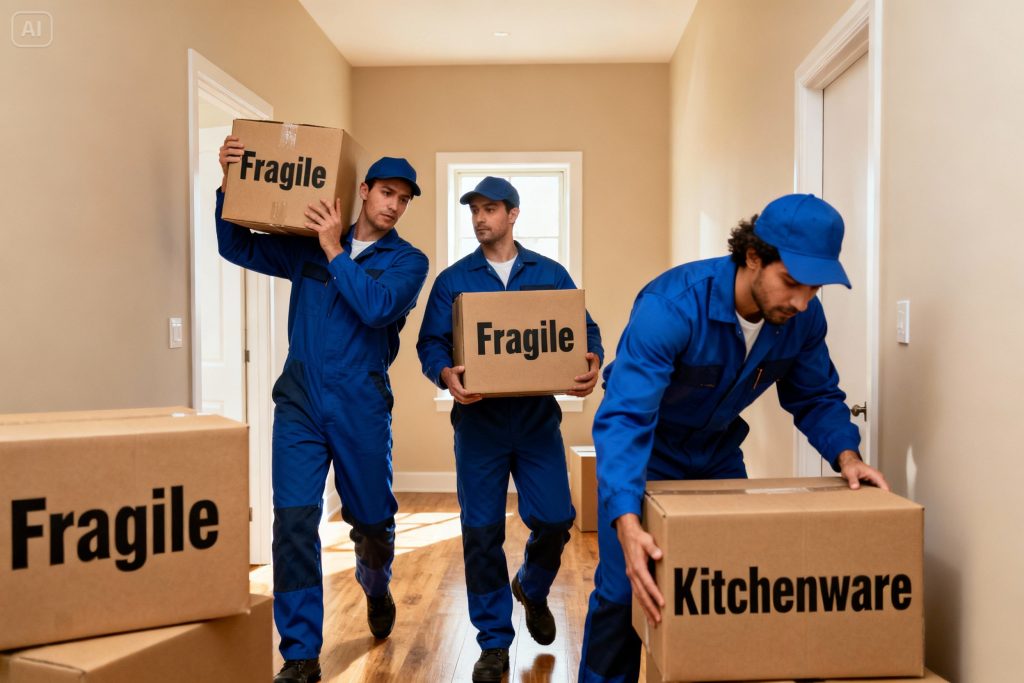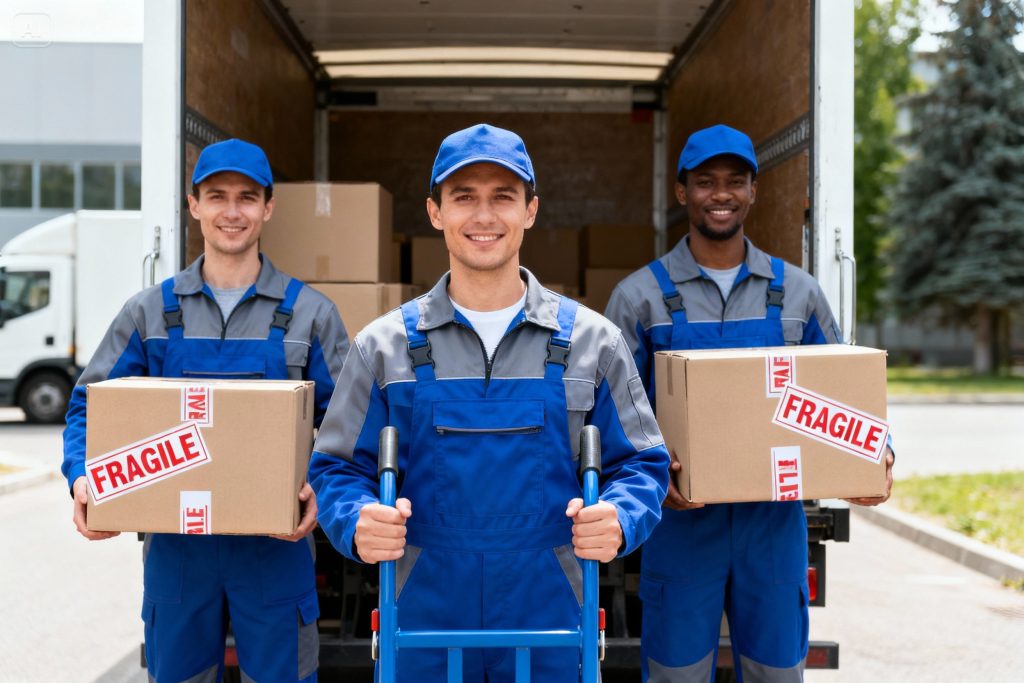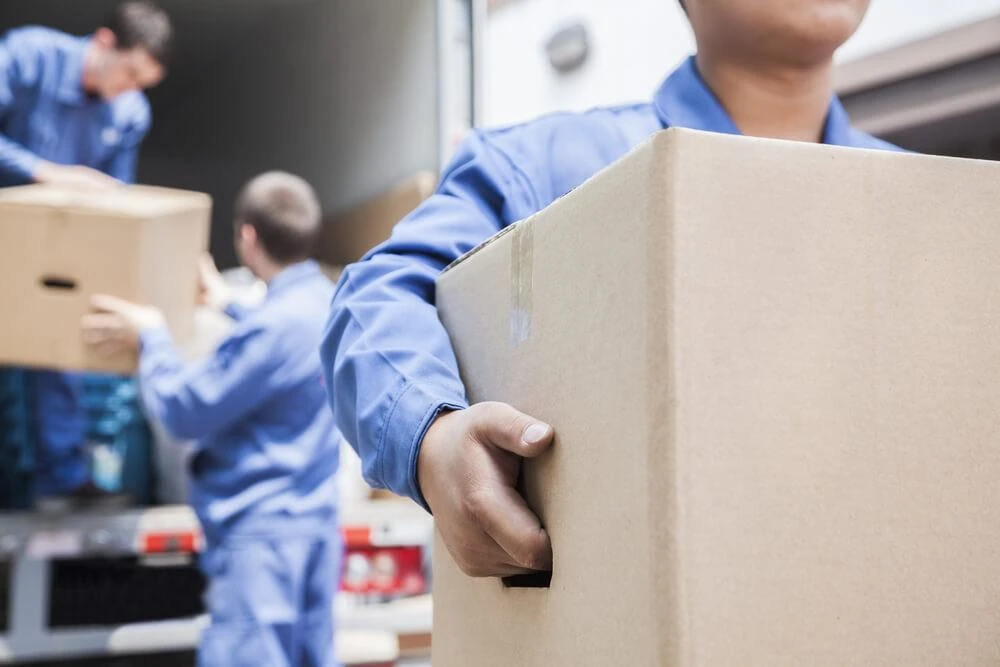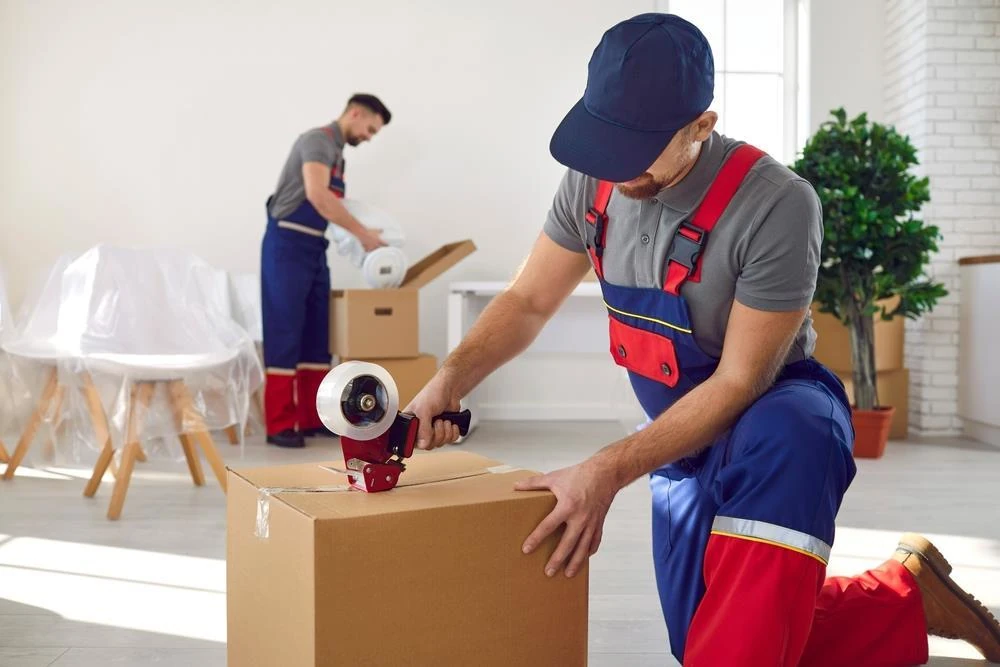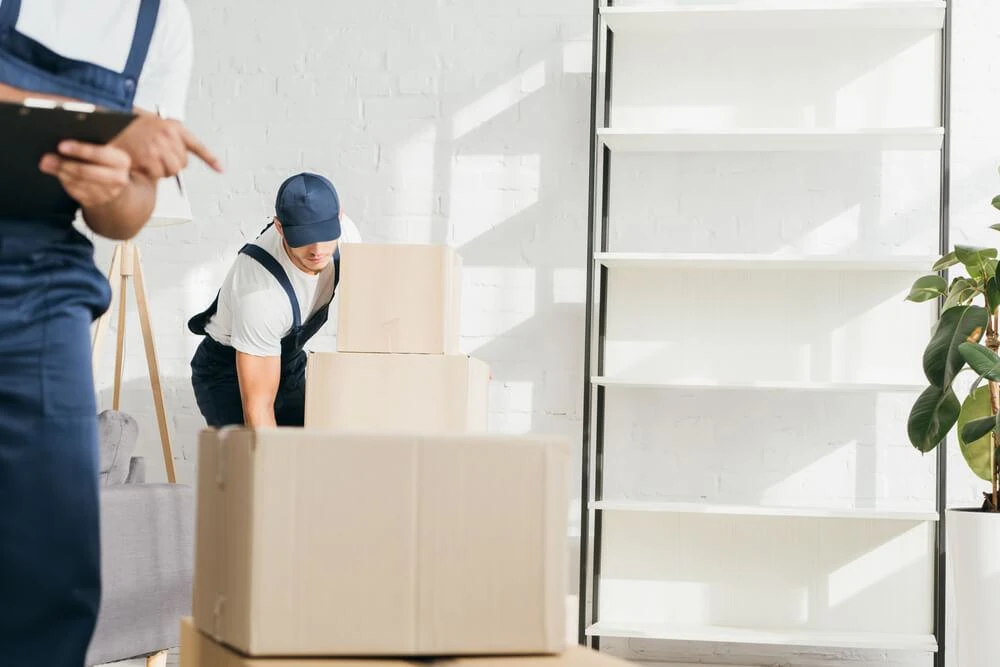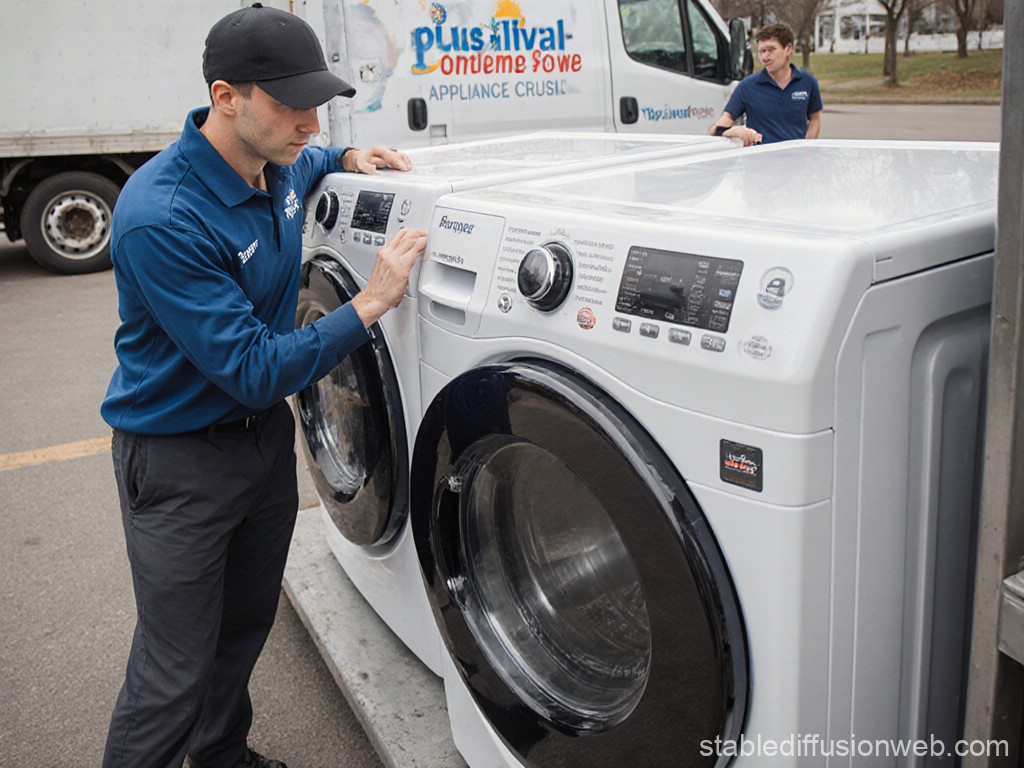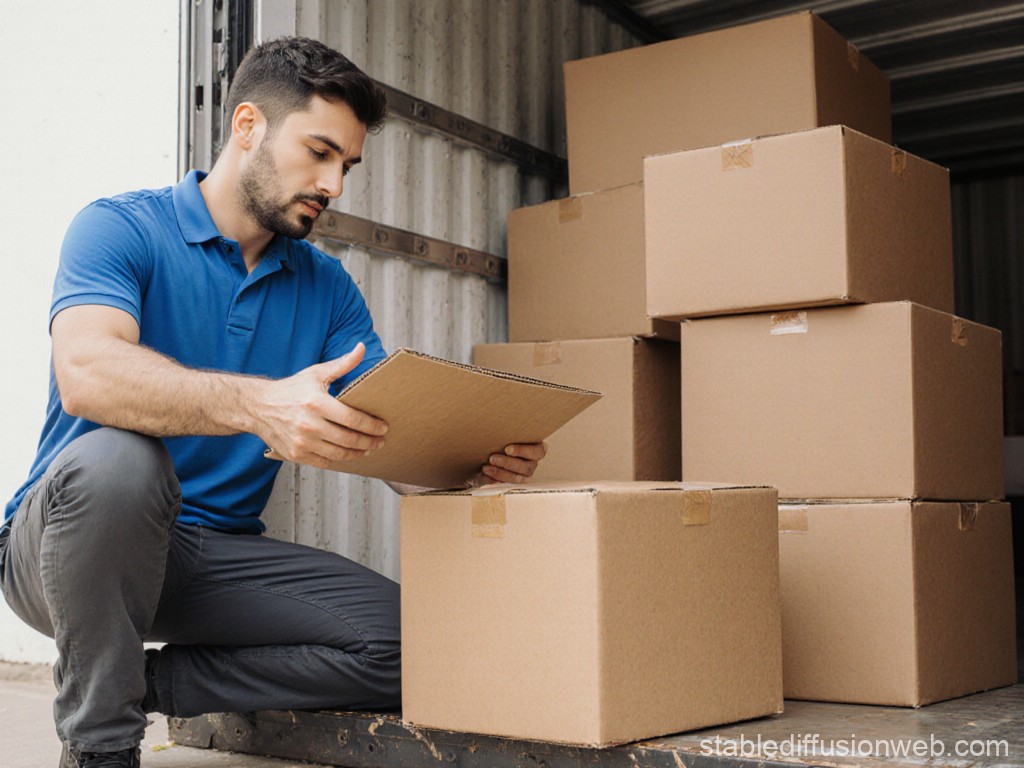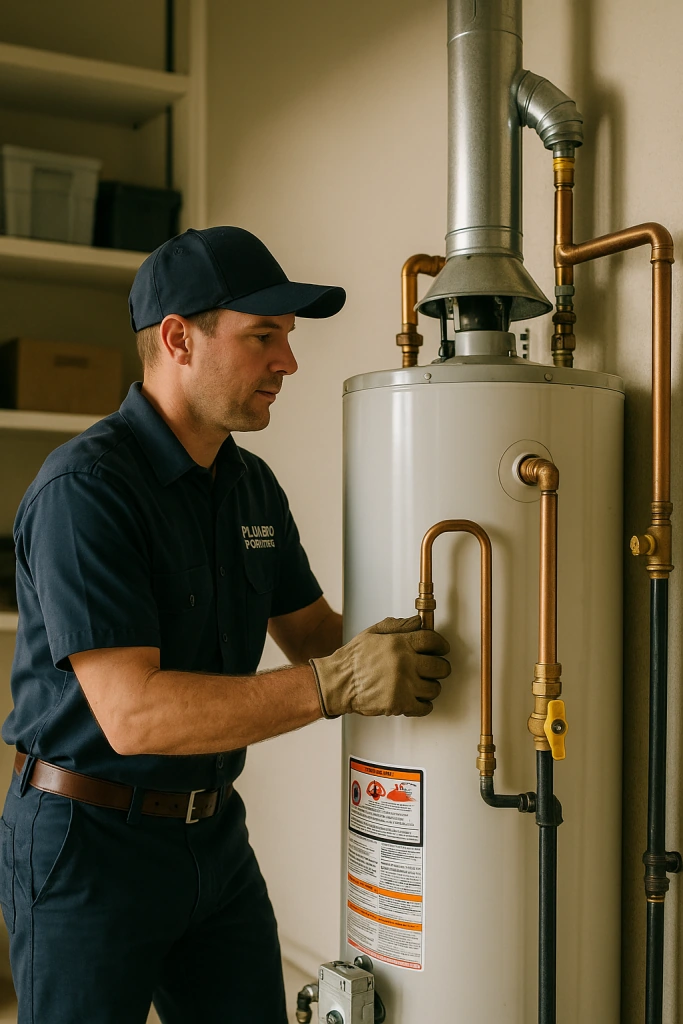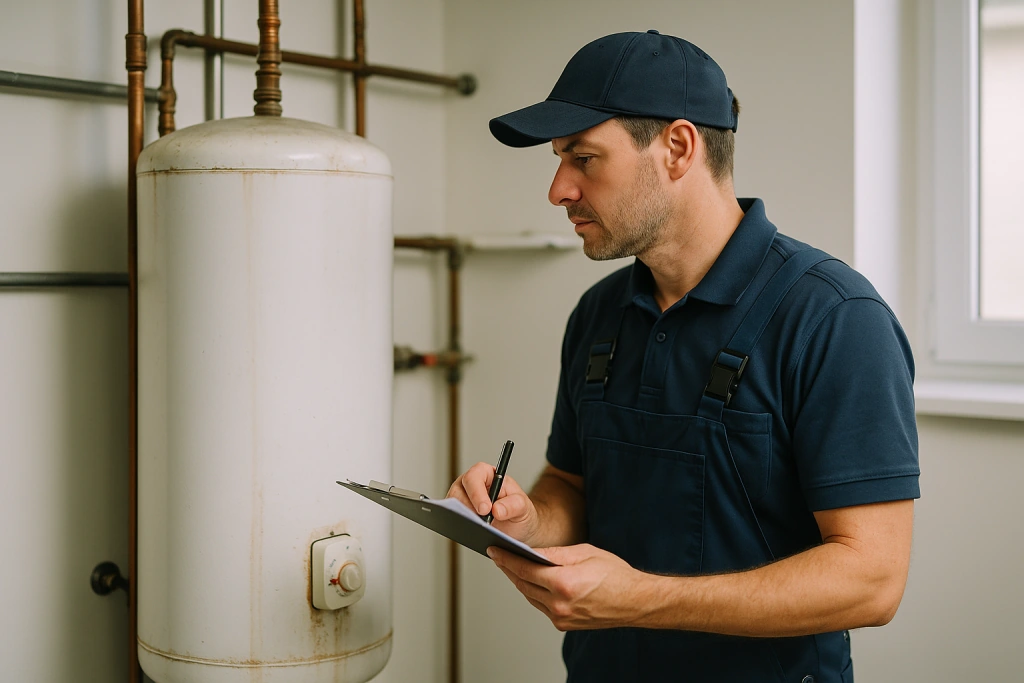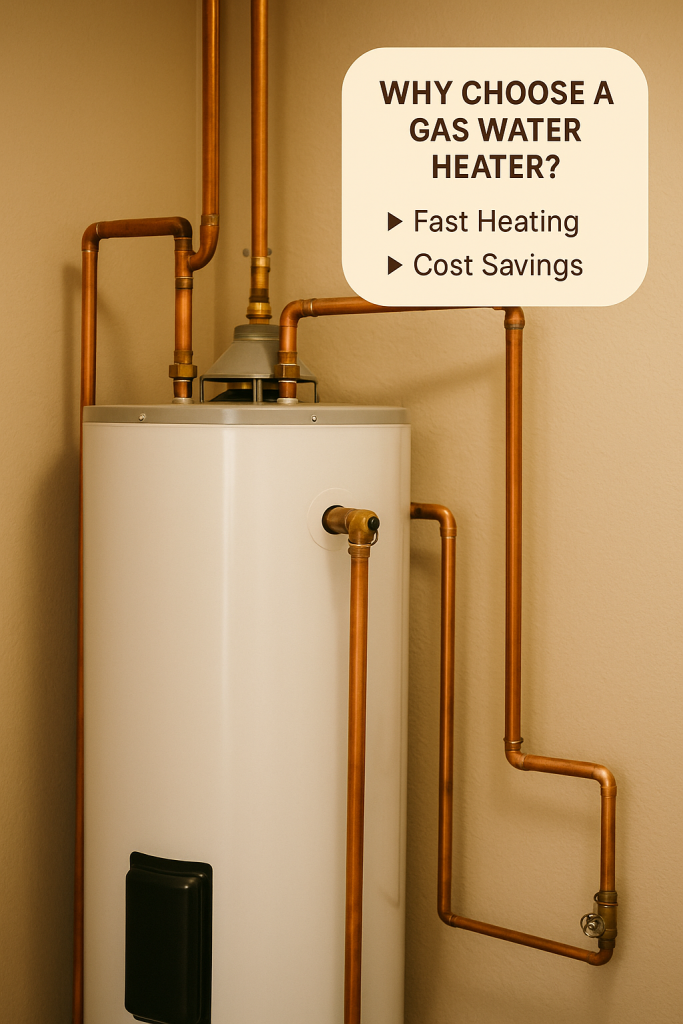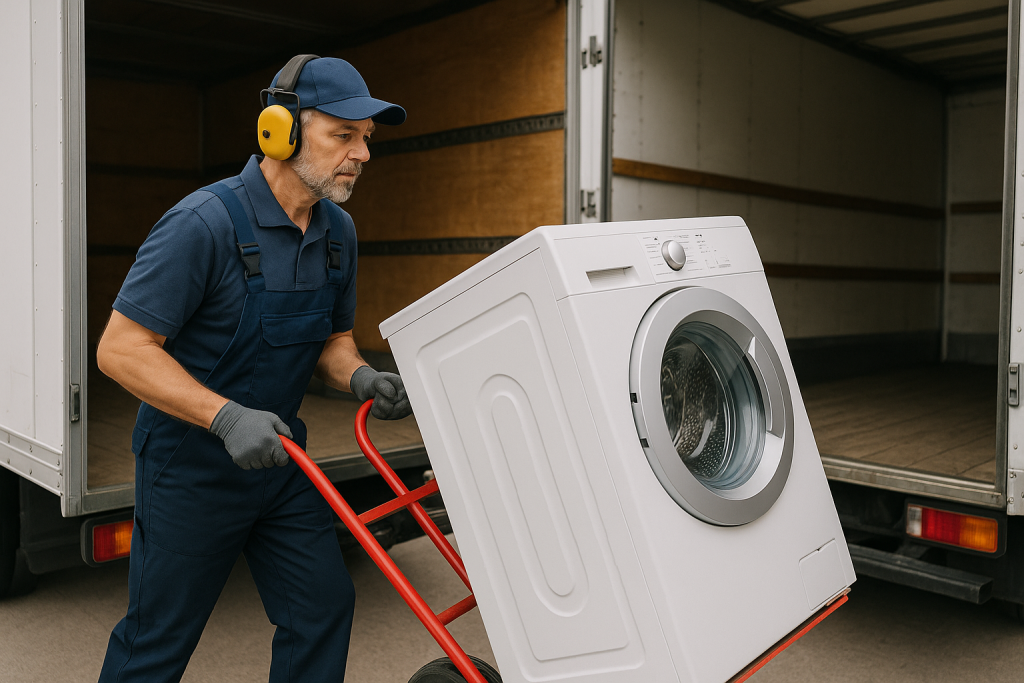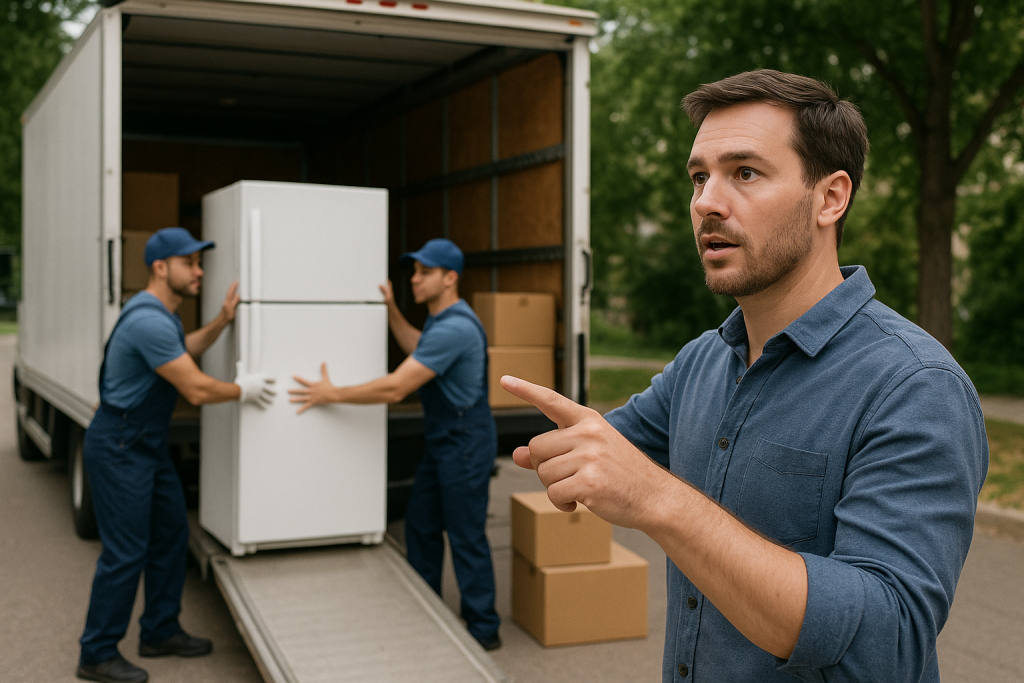What’s the Difference Between a Patio and a Deck?
Planning an outdoor living space? Choosing between a patio and a deck can be confusing — both offer comfort, curb appeal, and home value, but their structure, cost, and maintenance vary significantly. Understanding the key differences helps you design a space that fits your lifestyle, budget, and property layout.
What Is a Patio?
A patio is a ground-level outdoor surface built directly on the earth. Common materials include concrete, brick, stone pavers, and tile. Patios work best on flat terrain and are typically installed adjacent to the home or in garden areas.
Benefits of Patios:
- No structural supports required
- Usually don’t need permits
- Lower cost per square foot
- Easy to customize with fire pits, seating walls, and landscaping
What Is a Deck?
A deck is a raised platform, often attached to a home and supported by posts or beams. Decks are built from pressure-treated lumber, cedar, composite decking, or PVC boards, and can accommodate sloped or uneven yards.
Benefits of Decks:
- Ideal for multi-level homes
- Great for elevated views or second-story access
- Easier to level on hillsides
- Can include railings, stairs, and pergolas
Key Differences Between a Patio and a Deck
| Feature | Patio | Deck |
|---|---|---|
| Elevation | Ground-level | Raised (can be multi-story) |
| Materials | Concrete, pavers, flagstone | Wood, composite, PVC |
| Permit Required? | Rarely | Often required |
| Cost Range | $5–$15 per sq. ft. | $20–$60 per sq. ft. |
| Maintenance | Low (sweep, seal occasionally) | Medium-High (clean, stain, inspect) |
| Lifespan | 25–50+ years (with good materials) | 15–30 years (depending on material) |
| Best For | Flat yards | Sloped or elevated areas |
Climate and Terrain Considerations
Your yard’s layout and local weather should influence your decision.
- Hot & dry climates: Patios with stone or concrete stay cool and require little maintenance.
- Rainy or snowy areas: Composite decks resist moisture and reduce mold/mildew buildup.
- Sloped terrain: Decks offer a cost-effective solution for uneven ground, reducing the need for excavation.
Tip: In frost-prone regions, patios must have a proper gravel base and drainage to avoid cracking.
Maintenance Comparison
Patios are low-maintenance. Occasional power washing and sealing (especially for stamped concrete) keeps them looking sharp.
Decks require more attention:
- Wood decks must be sealed/stained every 2–3 years.
- Composite decking needs occasional cleaning but resists warping and splintering.
Permits and Local Building Codes
In many municipalities, building a deck requires permits, inspections, and adherence to safety codes — particularly for elevated platforms or those attached to the home.
Patios, being non-structural and built at ground level, usually do not require permits, making them easier and faster to install.
Pro tip: Always check your local zoning laws or HOA guidelines before starting construction.
Cost & ROI: Which Adds More Value?
While patios are generally more affordable, decks often provide higher resale ROI. According to remodeling industry data:
- Wood decks recoup ~65–75% of their cost at resale
- Patios recoup ~50–60%, depending on materials and design
That said, the visual appeal and functionality of both will boost your home’s marketability.
Real-Life Example: Which Is Better?
Example: A homeowner in Denver with a sloped backyard chose a composite deck to create a level, elevated space with mountain views. Meanwhile, a family in Phoenix built a flagstone patio under a pergola to beat the heat and reduce maintenance.
Your decision depends on:
- Terrain (flat = patio, slope = deck)
- Climate
- Budget
- Usage goals (entertaining, dining, lounging)
FAQs: Patio vs Deck
Q: Which lasts longer, a patio or a deck?
A: A well-constructed stone patio can last 50+ years. Wood decks typically last 15–20 years, while composite decks can go up to 30.
Q: Is a deck considered part of the home’s square footage?
A: Not usually. But it can increase perceived value and livable space.
Q: Which adds more to resale value?
A: In many markets, decks offer slightly better ROI, but high-end patios with landscaping are equally desirable.
Final Thoughts
Both patios and decks enhance your outdoor living experience. Patios offer a grounded, low-maintenance solution, perfect for warm climates and flat landscapes. Decks provide elevation, style, and adaptability, ideal for uneven terrain or creating layered spaces.
Whichever you choose, investing in a well-designed outdoor area increases your home’s functionality, beauty, and value.
